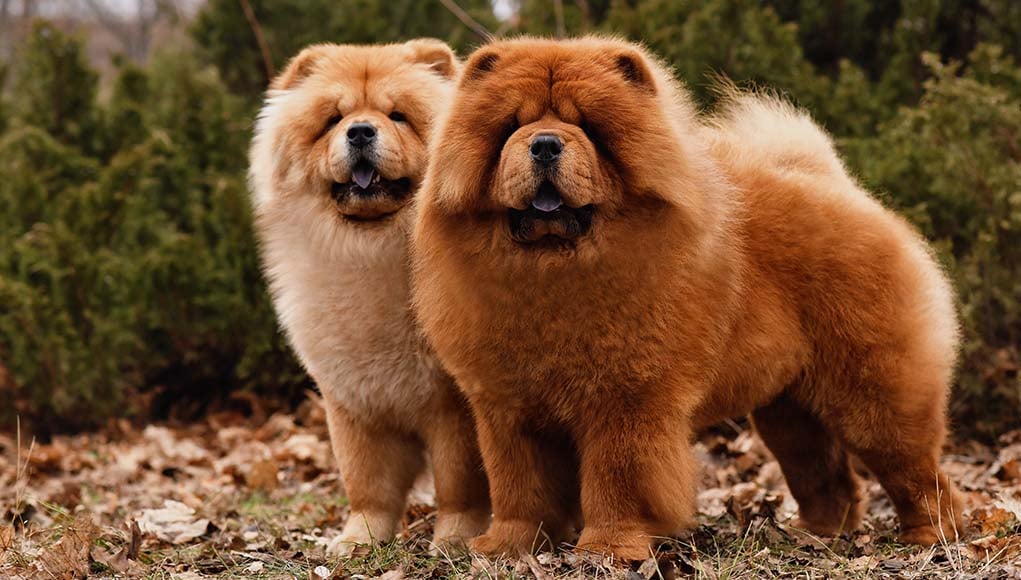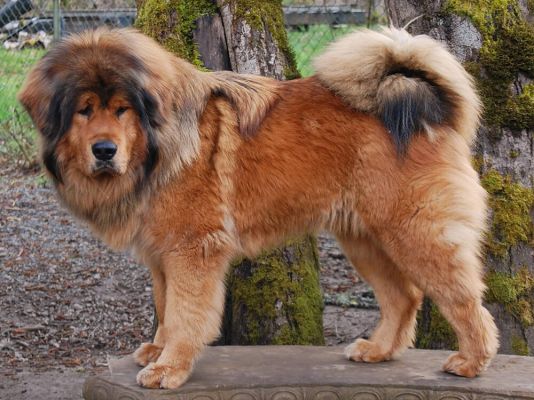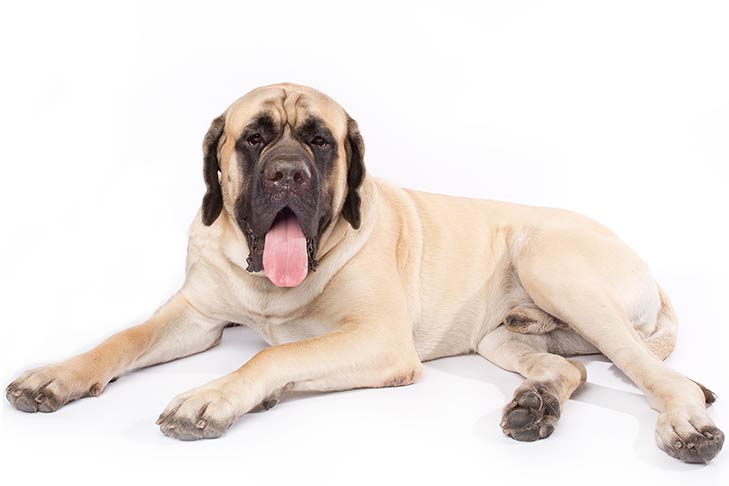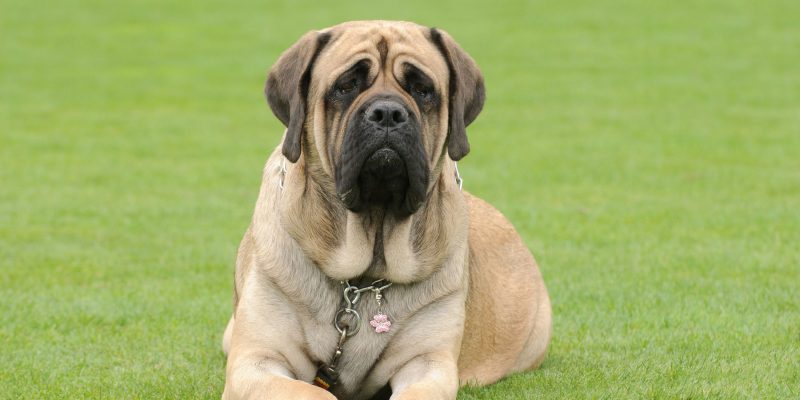The reason you'd like to have a Mastiff (e.g. as a pet, protection, or for showing).Researchand learn about the breed's characteristics, health issues, and requirements for caring.
Reputable Breeder- Look for a reputable breeder who test their dogs on the health of their dogs and their temperament.
Budget- You must consider the price of your dog's new purchase, and any ongoing costs, like food or vet visits.
Living Space: Make sure that you have enough space accommodate a large breed like the Mastiff.
Lifestyle- Consider your schedule and your way of life are in line with the Mastiff's requirements to exercise, socialization, and affection.
Training - You should be able to and willing to provide constant training and socialization to your Mastiff.
Health - Get information on the health status of the dog, its family members, and any health problems which could affect this breed.
Meet the Dog before buying, you should meet the dog face to face in order to feel at ease with its personality.
Contracts: Read and go over any contracts or agreements that you've signed with your breeder. These include warranties and the return policy. See the top best mastiff breeds link for blog recommendations.

What Do Mastiff Puppy Behaviour Look Like At 2 Years Old?
As they get older, Mastiff puppies will experience major changes in their behavior and change from the time they were born up to the time they reach adulthood. These are just a few modifications in Mastiff puppy behavior that can be expected from the time they reach age two. Socialization- Mastiff puppies must be introduced to socialization from a young age to acquire how to behave, be confident and the ability to be social. They may be more independent and less dependent on their mother and littermates as they grow older, but the importance of socialization is during their first two year.
Training- Mastiff puppies tend to be strong-willed and independent. They are trained to help them master good manners and to be able to follow commands. As they get older, their ability to respond to training will improve and they will be able to comprehend and obey commands better.
Energy levels - Mastiff puppies are energetic personality and are often very active. As they grow older they can also show a lot more energy. As they grow up the Mastiff pups tend to be more sedentary and relaxed. They are less likely to indulge in high-energy behavior.
Health- Mastiff puppies have an accelerated growth phase in their first 2 years. It is vital that you check your health closely to ensure they get the nutrients and care they require.
Temperament: Mastiff puppies possess numerous characteristics that make them unique. Although they may have distinct personality traits and temperaments as they age, they are loved, loyal, and protective of their family members. They'll likely grow more confident and assertive as they get older. But, with proper training and socialization, they will develop into affectionate companions who behave well. Check out the top neapolitan mastiff vs english mastiff for website advice.

What Is The Best Frequency To Check Your English Mastiff For Health?
The frequency of health screenings can vary depending upon the age and health status of your English Mastiff. These are some general guidelines: Annual health check-ups Your English Mastiff must visit the vet each year, even if their health appears to be in good shape. The veterinarian will conduct an extensive physical examination and will look for any signs or injuries, and recommend any vaccinations or preventive treatment.
English Mastiffs and many other breeds are susceptible to health issues like elbow and hip problems, heart problems and certain breeds. It is essential to partner with a reliable breeder who monitors their breeding dogs for health issues and to monitor your English Mastiff through their entire life. Your English Mastiff might require specific screening procedures or tests. It will depend on the breed of their dog and your individual health history.
The signs of illness: It's essential to be aware any changes in behavior or appetite of your English Mastiff. It is imperative to immediately take your English Mastiff for a visit to the vet if you notice any unusual signs such as vomiting, diarrhea and lethargy, or loss of appetite.
Your veterinarian should be included in the creation of a preventive health care plan tailored to the needs of your English Mastiff. It is feasible to keep your English Mastiff healthy and happy through regular check-ups, breed specific screenings, and close monitoring. Read the top try this English mastiff breed for site info.

How Important Is Obedience Training And Early Socialization For Great Danes (German Mastiffs)?
Great Danes must be taught obedience and socialization early. They are large and powerful dogs that can be a bit obstinate and difficult to manage with out proper training. Socialization is crucial to ensure that they are comfortable around people, other dogs, and in different environments.Great Danes need to start socialization at a young age generally between 3 and 14 weeks of age. It is vital to allow them to experience different places and people in order to develop a calm and confident behavior. They should also be trained in basic obedience, so they can be sure they obey their owners and behave appropriately.
Training should be rewarding and positive by using toys, treats, and praise to encourage good behavior. It is essential to remain persistent and compassionate with your dog.
Great Danes require regular exercise in order to keep them healthy and happy. healthy. It also helps keep them from becoming bored, destructive and boredom. While a walk every day or some time in the yard is beneficial, it's best to not push them too hard when they're developing and young. It's essential to speak with your vet before establishing the right exercise routine for your pet's health, age and energy level. Read the most popular Great Dane German Mastiff breed article for more info.

How Often And For How Do You Need To Exercise Your Tosa Inu (Japanese Mastiff).
Tosa Inus are large, athletic dogs that have the need for exercise. To stay happy, healthy and well-behaved, the Tosa Inus need regular exercise. Here are some suggestions for you to exercise your Tosa Inu- Daily walksto Tosa Inus require at least one long walk per each day in order to burn their energy and remain healthy. Every day walks that last between 30 and 45 minutes are recommended.
Playtime Tosa Inus are known to enjoy having amusement with their pet owners. They can play fetch, tug-of war, or any other game that keeps them active.
TrainingTraining Tosa Inus are intelligent dogs that can benefit from both physical and mental stimulation. Training sessions can serve as a way to train them and improve their behavior.
Yard time- Your Tosa Inu can be found in your yard each day, playing and running.
Tosa Inus are prone to heatstroke. They should avoid exercising during the hottest times during the day. They might also have to wear a coat or sweater in colder weather. When you exercise, keep your Tosa Inu safe and ensure they drink lots of fluids. Check out the top read about Tosa Inu Japanese Mastiff for site examples. Read more Top Hints When Choosing The Best Mastiff Msftip c5a9eda

